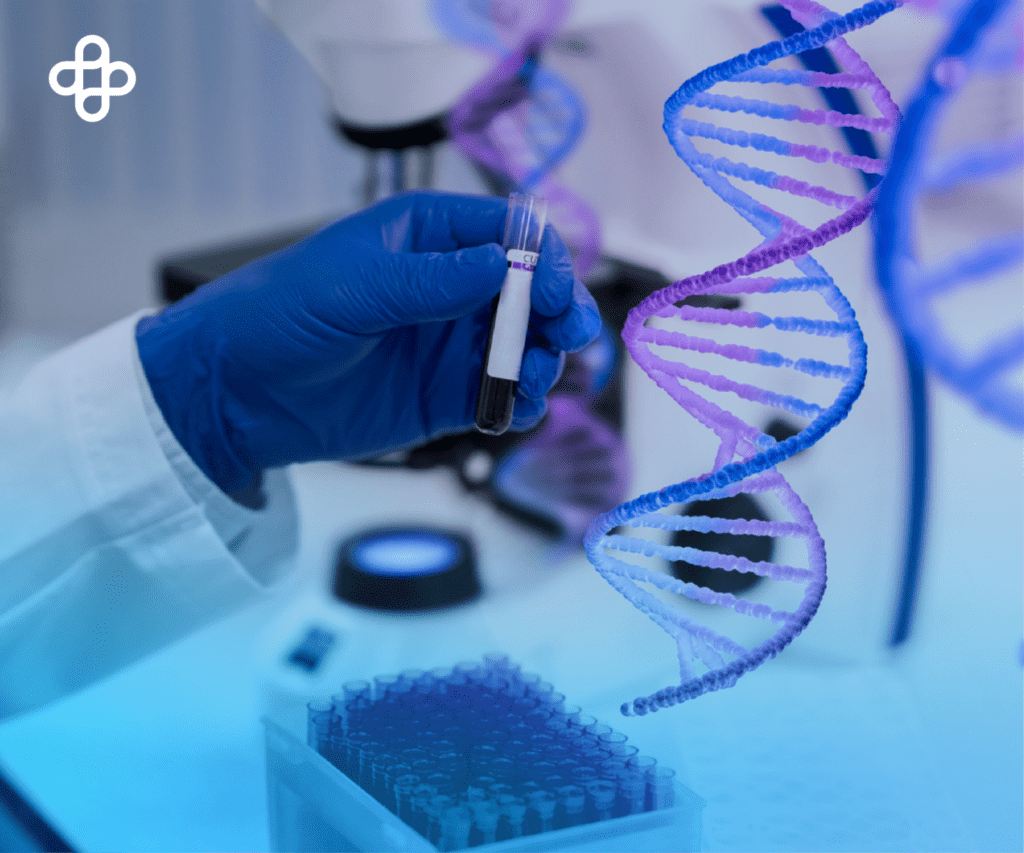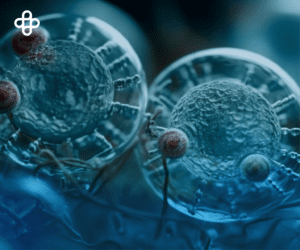Regenerative Medicine in Mexico: Advancements and Initiatives
Regenerative Medicine is an emerging interdisciplinary field of research and clinical applications. All focused on repairing, replacing, or regenerating cells, tissues, or organs. Its goal is to restore damaged function resulting from any cause, including congenital defects, disease, and trauma.
Mexico stands out as a Latin American country with significant trends in the study, research, and development of regenerative medicine. In Guadalajara, the XVI National Congress of Biotechnology and Bioengineering took place, with the main theme being “STEM CELL BIOPROCESSES AND THEIR IMPLICATIONS IN REGENERATIVE MEDICINE: A GLOBAL OVERVIEW.” Discussions covered Mexico’s foray into this research area. Including industrial production of human epidermis, regeneration of hollow organs, as well as cellular therapy for myocardial and ischemic lower limbs.

Other initiatives in Mexico include the Mexican College of Stem Cells and Regenerative Medicine, established in 2008. Offering courses in collaboration with various universities. Additionally, Cancun hosted the 7th Symposium on Regenerative Medicine exclusively for physicians. Featuring national and international speakers discussing innovative topics and scientific research. Subjects ranged from advances and updates in stem cell research to the presentation of clinical cases. Such as the use of regenerative medicine in musculoskeletal injuries, ulcers, wounds, degenerative joint disease, and chronic pain.
At the National Autonomous University of Mexico (UNAM). Researchers at the Institute of Materials Research, led by physicist María Cristina Piña Barba, are developing third-generation biomaterials. These materials are inserted into patients to aid in the regeneration of bones and human tissues, representing a significant leap in regenerative medicine.

Regenerative Medicine in Mexico: Legal Framework
Therefore, Mexico has made substantial legal advancements in regenerative medicine, ensuring that therapy development is implemented with logical and appropriate regulations. Key legal aspects include:
- Constitution of the United Mexican States (Article 4)
- General Health Law
- Regulation of the General Health Law
- Official Mexican Standards (NOM)
Eternal Medical Center
In conclusion, Eternal Medical Center specializes in treatments with Human Stem Cells, led by Dr. Juan Antonio Garza Quintanilla, with a mission to “Focus on serving our patients, exceeding their expectations in the field of health.” Their vision is to “Provide cutting-edge treatments to recover and maintain a healthy lifestyle.” Committed to staying at the forefront of regenerative medicine and best medical practices, they continually seek the best care and most effective treatments for society.
Finally, If you want to learn more about stem cells, visit our article “Stem Cells and Their Applications.”





